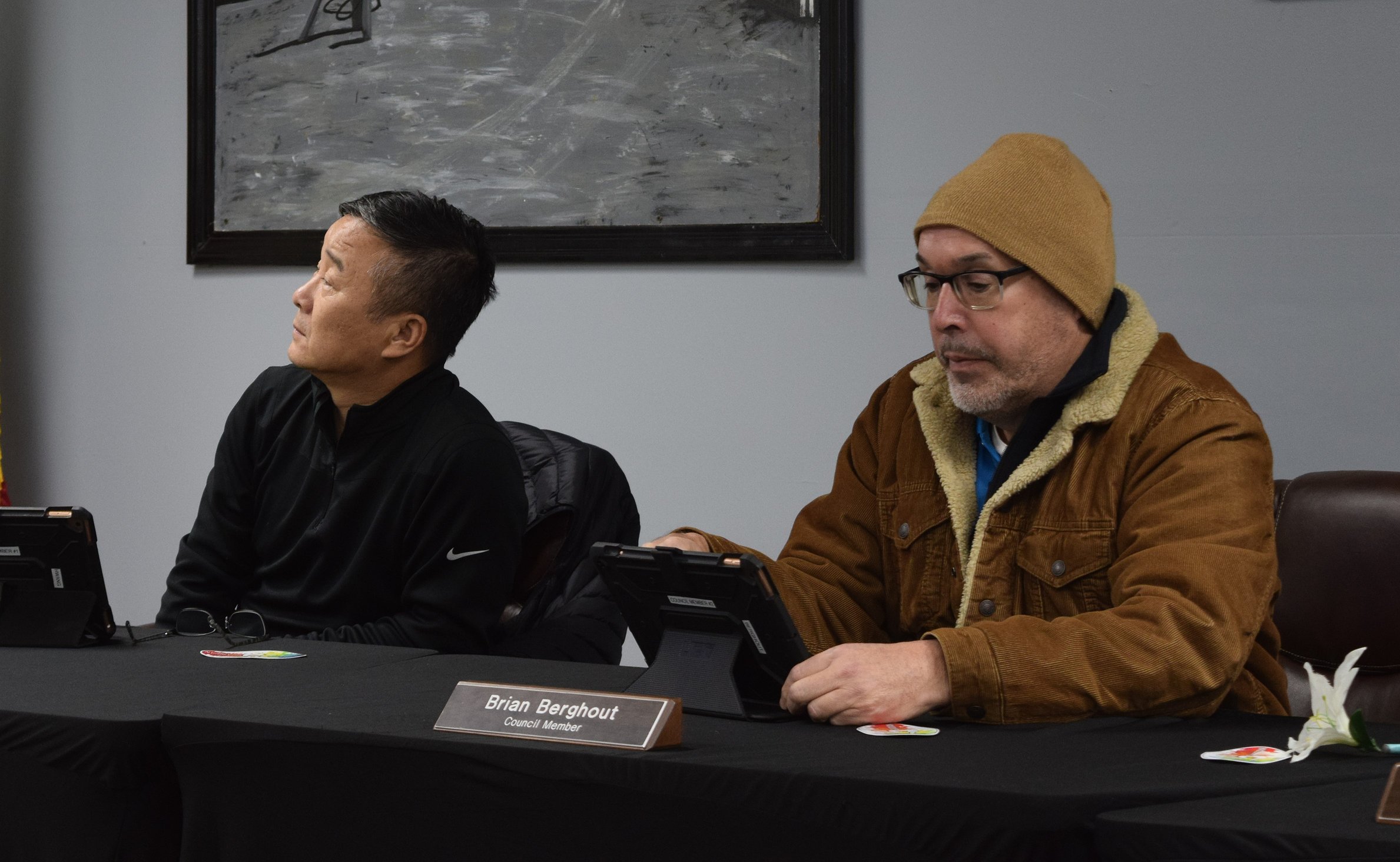Mattawa passes dangerous dog rules
MATTAWA — The Mattawa City Council voted unanimously Thursday to approve new codes regarding the city’s animal control operations and the designation of potentially dangerous dogs, as well as restrictions for problem dog owners.
City Attorney Katherine Kenison introduced the changes to the code.
“This ordinance is in response partially to your current animal control ordinance, which doesn't really address the potentially dangerous dog component of dangerous dogs under the state statute, and it didn't define a process for how you're handling potentially dangerous dogs,” she said. “You've had, as you've heard, some more activity with your dogs at large, which has resulted in a few incidents where there has been some human contact with the dogs.”
Kenison elaborated on the difference between a declared dangerous dog and a potentially dangerous dog.
“If you look at the definition for dangerous dog under state law, it is very specific to the kind of injury that has to be sustained by a victim in order to reach that dangerous dog classification,” she said. “A potentially dangerous dog on the other hand is a dog that may attack but not inflict that severe injury that requires sutures and results in disfiguring injuries like a dangerous dog. So it only applies to a dog that is off of its property, that is unprovoked and attacks somebody, so if it inflicts a lesser injury, you could designate it potentially dangerous at that time. If it has a second or subsequent offense, then it moves to the dangerous dog category.”
The ordinance sets restrictions on keeping potentially dangerous dogs within the city.
“The way the ordinance is written, if a dog is declared to be dangerous under the process, it would not be allowed to be maintained within the city limits,” Kenison said. “Potentially dangerous dogs can be maintained in the city limits, but they have to be identified and they have to comply with the restrictions in the ordinance in terms of not being allowed to roam at large, and being chipped and identified so that if they do have a subsequent or second incident, it is easier to get to the dangerous dog determination.”
Council Member Brian Berghout supported the changes.
“It's important to be safe,” he said. “You don't want something to happen to either a child or an elderly person walking.”
Council Member Antonio Acosta asked if a dog who bites someone on its property would be considered a dangerous dog.
“If it is on its own property and the person is trespassing, and the dog is defending its property, then no,” Kenison said.
The code also contains “running-at-large” violations for dogs that run loose on public property. After four of these violations within a year, the city could declare the owner a problem owner, which would eventually force the owner to surrender their dogs to the city.
“We shouldn't be releasing dogs from impound until all the fines have been paid in full and if you get to the habitual offender status and your dog is forfeited, then you lose your legal rights to own the dog under our ordinance and we can dispose of the dog however we deem appropriate,” Kenison said. “If it's an adoptable dog, and we decide we want to adopt it out, we can do that. If it's not an adoptable dog, and we want to euthanize it, we can do that.”
Council Member Sun Hwang asked Kenison if the council could reduce the four-violation requirement.
“It should be one or one or two at the most,” Hwang said. “I mean, as a citizen, (when) you’re walking down the street, any dog to me is potentially dangerous if it's a loose dog.”
Kennison said the requirement is not a state mandate.
“If you want to change that to fit better your situation, you can do that,” she said. “I've actually had to use that seizure and forfeiture provision for some of my other cities where we've just got dog owners that refuse to keep their dogs secured and we've had multiple running-at-large citations occur rapidly.”
After discussion, council member Brian Berghout moved to accept the new city codes for the process of identifying potentially dangerous dogs with the modification of reducing the number of running-at-large violations that force owners to surrender their dogs from four violations in 12 months to three violations. The motion passed unanimously.
Gabriel Davis may be reached at [email protected].



